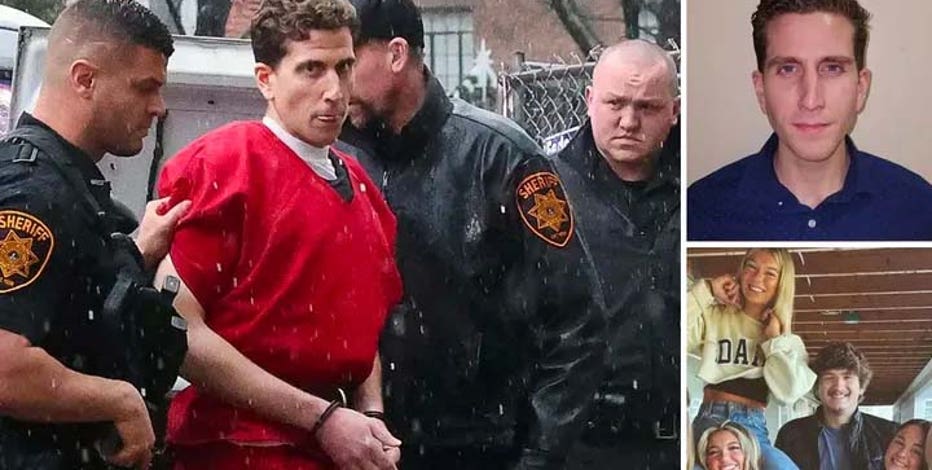Idaho murders: Xana Kernodle's mother says lawyer 'betrayed' her to defend Bryan Kohberger

Idaho murders trial: Judge reveals Brian Kohberger's next court date
The man accused of killing four University of Idaho students was back in court Thursday morning for a preliminary status hearing.
MOSCOW, Idaho - The mother of one of four University of Idaho undergrads killed in an ambush stabbing attack in November says she felt "heartbroken" and "betrayed" by her former defense attorney, who withdrew from her case to defend the suspected killer, according to a new interview.
Anne Taylor, the Kootenai County public defender representing Idaho student murders suspect Bryan Kohberger, had until recently represented Cara Kernodle, the mother of slain student Xana Kernodle, court records show.
Cara Kernodle, who is facing felony drug charges, told NewsNation's Ashleigh Banfield that she learned about Taylor's decision through Reddit on Wednesday, 20 days after court records show the lawyer notified the court that she was withdrawing to avoid a conflict of interest.
Kohberger is accused of breaking into 20-year-old Xana Kernodle's home on Nov. 13 and killing her, her boyfriend and two housemates with a knife.
"I am heartbroken because I trusted her," Cara Kernodle said in a televised interview Wednesday night. "She pretended that she was wanting to help me. And to find that out, that she's representing him, I can't even convey how betrayed I feel."
Kernodle also said she had given Taylor "power of attorney."
"I don’t understand how she could do this," she said. "I don’t understand what happens now."
Kernodle's new lawyer, Chris Schwartz, did not immediately respond to messages seeking comment.
Taylor was appointed Kohberger's provisional defense attorney shortly after his arrest on Dec. 30, and became his official public defender at his first appearance in the Latah County Courthouse after he waived extradition in Pennsylvania and returned to Idaho.
Her office did not respond to a request for comment Thursday.
Police and the FBI raided Kohberger's parents' house in the Poconos Mountains, where they said they recovered DNA from a trash can there that was a familial match to DNA found on a knife sheath left near the bodies of Madison Mogen and Kaylee Goncalves, two 21-year-old housemates of Kernodle.
The fourth victim was Ethan Chapin, 20, who was dating Kernodle and spending the night.
Two other housemates were unharmed — including one who police say witnessed a masked man with "bushy eyebrows" leaving through a sliding door after the stabbings. Goncalves' dog also survived the attack, and police later said they found possible animal hair while serving a search warrant at Kohberger's apartment in Pullman, Washington, less than 10 miles away from the crime scene.
Kohberger, a Washington State University doctoral student, had been stalking the King Road home for weeks, according to a probable cause affidavit. His cellphone pinged near the house at least a dozen times before the murders and once the morning after.
Kohberger faces four counts of first-degree murder and a felony burglary charge. He is being held without bond and could face the death penalty.
Taylor revealed at a Jan. 12 appearance that her client intends to challenge the evidence against him but waived his right to a speedy preliminary hearing.
Latah County Magistrate Judge Megan Marshall scheduled the proceedings for the last week of June, and they are expected to take four to five days.
Prosecutors could speed up the timeline by seeking a grand jury indictment instead of waiting until the preliminary hearing to prove probable cause, experts have told Fox News Digital.
The court has issued a gag order barring attorneys and investigators from commenting on the case.



